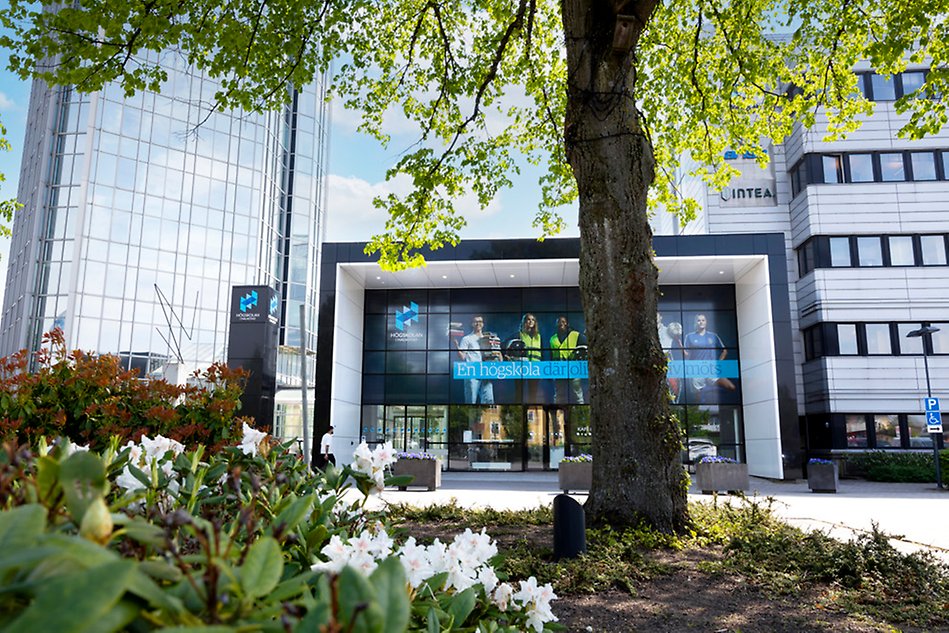Halmstad University establishes two new research programmes
Halmstad University is establishing two new research programmes – one within the focus area Health Innovation and one within Smart Cities and Communities. The programmes are part of the University’s investment in multidisciplinary research programmes to strengthen the University’s profile. The new programmes are called Movement for Health and Performance, and TRAINS – Transformation, Innovation and Norm Sciences.
”These two programmes are important for our development as a university and also for addressing various important societal problems.”
Susanna Öhman, Vice-Chancellor
The decision to establish the two programmes was taken by Vice-Chancellor Susanna Öhman after external assessment and on the recommendation of the University’s Research and Education Board.
“Halmstad University is a profiled university where the establishment of research programmes is a way to strengthen our profile and at the same time create societal benefits. These two programmes are important for our development as a university and also for addressing various important societal problems,” says Susanna Öhman.

Research for sustainable health through physical activity
The goal of the research programme Movement for Health and Performance is to contribute to innovative and sustainable solutions to health-related societal challenges by striving for more people to live a physically active life. The programme is part of Halmstad University’s focus area Health Innovation.
“The researchers within the programme study sustainable participation in different types of physical activity, from the level of low daily activity to elite sports, and from different scientific perspectives. The programme contributes to new sustainable methods, strategies and innovations for improved health and well-being in people of different ages and with different conditions for being physically active,” says Urban Johnson, Professor of Psychology and Research Programme Manager for Movement for Health and Performance.
The programme is based on several established subject areas at Halmstad University. This includes research on creating a balance between performance and health in sports, creating healthy habits and lifestyle changes in individuals who are sedentary, inactive, or ill, as well as assessment tools for rehabilitation programs.
Research on norms and their impact on society
In the research programme TRAINS (Transformation, Innovation and Norm Sciences), researchers investigate how norms, both formal and informal, affect behaviour and society with a focus on innovation and societal change. The programme is part of Halmstad University’s focus area Smart Cities and Communities.
“Norms are central to understanding how societies change and develop. In the research programme, we examine, among other things, which groups have the power to influence and define what is considered desirable,” says Sara Svensson, Senior Lecturer in Political Science and Research Programme Manager.
“Among other things, we investigate how norms affect the introduction of technology, processes and structures, and also how these in turn affect and change society’s norms in different areas. One goal of TRAINS is to create better knowledge and understanding of how innovations are embedded in normative structures, which in turn affect the ability to build effective, responsible, and inclusive institutions that promote peaceful and inclusive societies for sustainable development,” continues Jonas Gabrielsson, Professor of Business Administration and Deputy Research Programme Manager.
The research programme is based on a perspective of norm science and sees norms as the primary driving force for behaviour and societal change. Research areas include climate and environment, business and market, law and governance, and language and culture.
“The programme’s focus on innovation and change from a normative science perspective is new, both in Sweden and internationally. At the same time, many of the methods and approaches used by the programme’s researchers are established in different areas of the natural sciences, humanities, and social sciences. It will therefore be exciting to work to create rewarding meetings, both within the research community and with the surrounding community,” Sara Svensson concludes.
Text: Christa Amnell
Photo: Anna-Frida Agardsson

